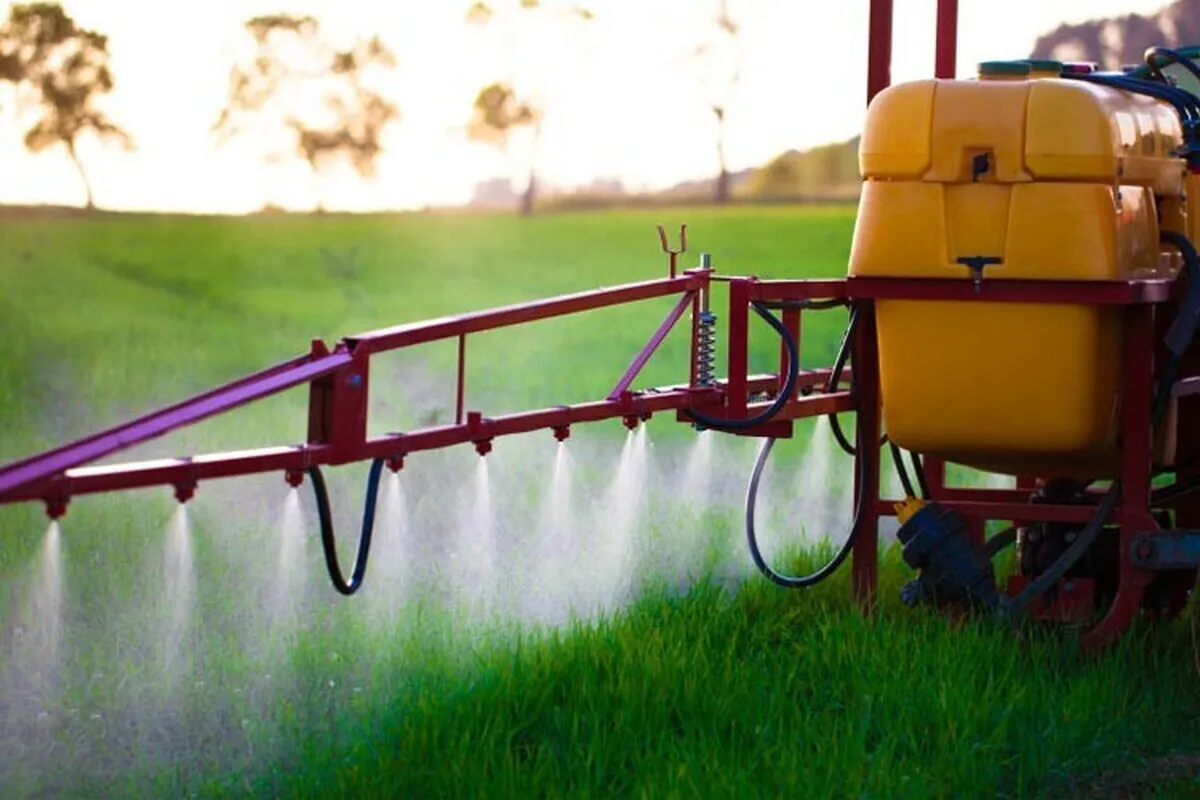Iranian Scientists Produce Biocompatible Pesticides

Researchers at a knowledge-based company stationed at Tarbiat Modarres University produced biocompatible pesticide formulations, Varozis disease drug, compounds that attract fruit flies, sulfur and tabul to control pests and plant pathogenic agents, pesticides from plant residues, compounds which increase the effectiveness of pesticides, and active targeted fertilizers.
“Agricultural pesticide residues have created many problems for the export of greenhouse products. An issue that caused many products to return to Iran many times and farmers suffered a lot,” Saeed Moharramipour, a professor of Agriculture Faculty of Tarbiat Modarres University and the managing director of the knowledge-based company, told ANA.
“Our company has produced the product which kills the most important pest of greenhouses in the country - the two-spotted tartan mite. We have also registered the pesticide for fighting the citrus leafhopper, one of the key citrus pests,” he added.
In a relevant development in July, researchers of a knowledge-based company in Iran had also succeeded in production of non-chemical pesticides to meet the needs of farmers in different provinces of the country.
“We succeeded in production of all kinds of ergonomic left-handed amino acids and in our knowledge-based company, we are specialized in production of protein hydrolyzate,” Parvin Baradaran, the managing director of the knowledge-based company stationed at Shahr-e Kord’s Science and Technology Park, told ANA.
Noting that protein hydrolyzate is viewed as a non-chemical pesticide, she said, “The technology is designed to control and attract Mediterranean flies, fruit flies, African flies, Mexican flies, Drosophila flies, lesser pumpkin flies, olive flies and mango flies.”
“In our company, we created all the proteins related to all types of flies separately. We also succeeded in designing a multifunctional amino acid. New amino acids, in addition to 19 left-handed single-chain free micromolecule amino acids, also enjoy the cability to repel insects,” Baradaran said.
4155/v





















